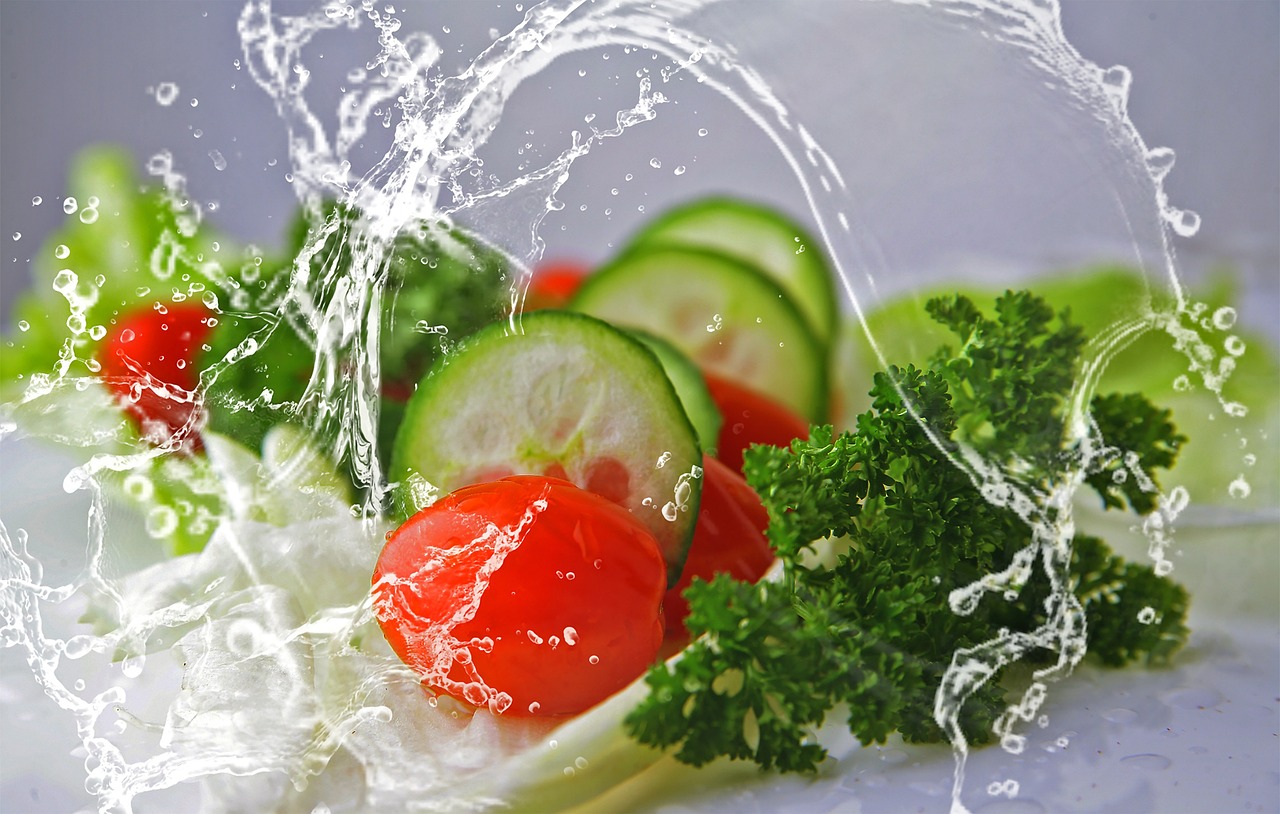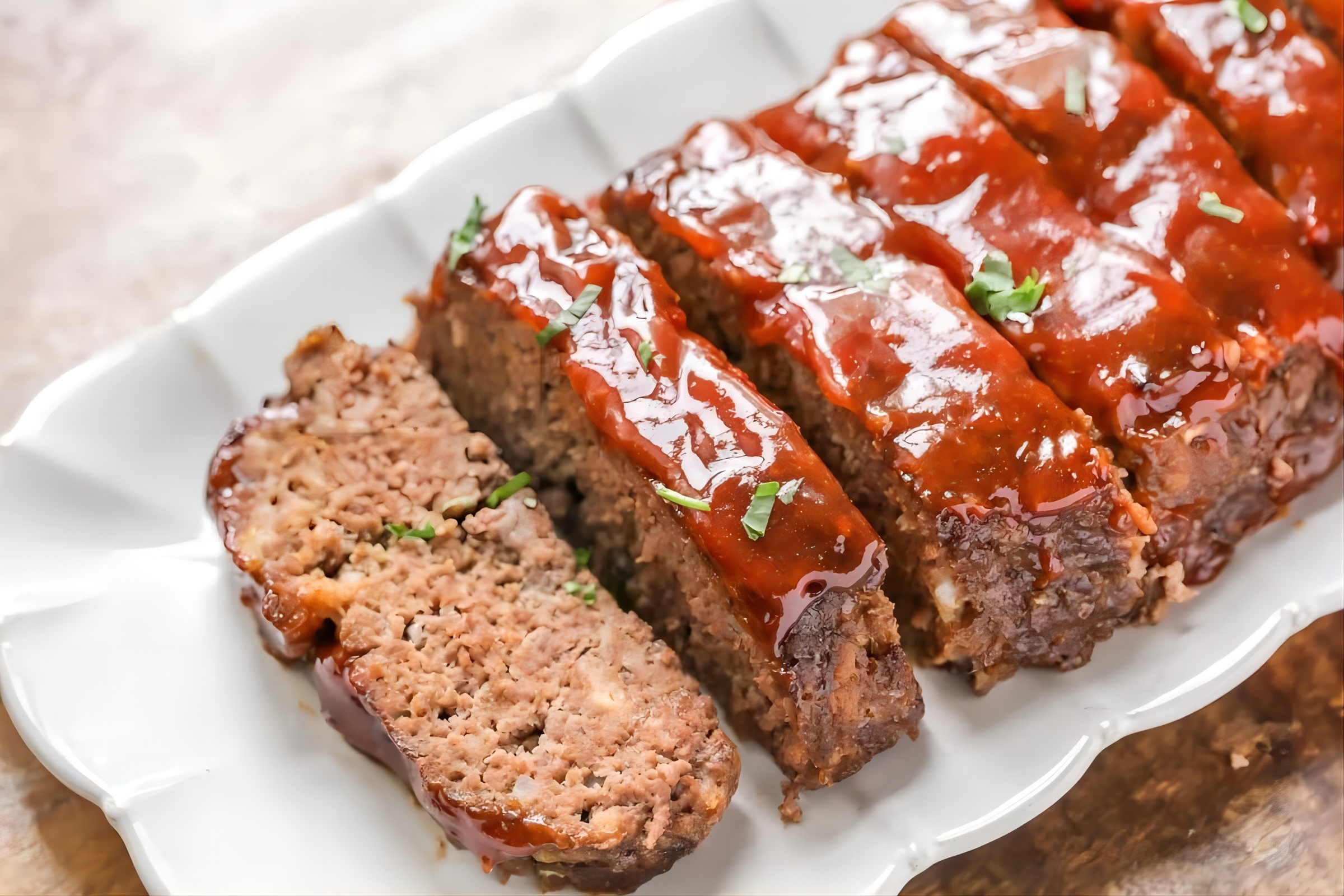Every day the brain has to run at high speed to deal with all kinds of things, it is really fast to be “drained”! Is there any food that can replenish your brain?
This is to share with you 6 kinds of the brain’s favorite food, hurry up to collect and save it for future use for sure!
Seafood
Seafood is rich in DHA, DHA belongs to the n-3 series of unsaturated fatty acids, is an important part of the brain, known as “brain gold”, not only beneficial to the health of the nervous system, but also has an anti-inflammatory response.
Eating fish is a direct and effective way to get DHA, and studies have shown that people who eat fish regularly have a lower risk of Alzheimer’s disease.
DHA-rich seafood is commonly found in mackerel, salmon, cod, sea bass, striped bass, yellowtail and grouper, etc. 60g of salmon can provide more than 500mg of DHA, and 50g of mackerel can provide more than 700mg of DHA.
Note: Do not choose fish with high mercury content to avoid jeopardizing the health of the brain and nervous system, such as bigeye horse mackerel, bigeye tuna , marlin, swordfish, New Zealand redfish and so on.
Cooking methods should also pay attention to the first absolutely can not be eaten raw, to avoid parasites and bacterial infections, and secondly, the best choice of low-temperature cooking, can retain more nutrients, less loss of DHA, such as steamed or stewed soup.
Nuts
Nuts are rich in unsaturated fatty acids and vitamin E with antioxidant properties, which play an important role in the health of the brain and retina and help maintain the stability of the nervous system.
For example, cashews, peanuts, walnuts, pine nuts, pistachios, sunflower seeds, hazelnuts and so on.
But nuts are high in calories, so don’t eat too many per day! Just eat 10 grams a day, which is about the equivalent of one paper-skinned walnut or seven or eight cashews/pistachios/batanas.
Eggs
Eggs are rich in lecithin, the most important basic structural substance for brain cells, which provides choline and is closely related to brain health. Lecithin deficiency can cause memory loss and affect cognitive function.
The most recommended way to eat lecithin is hard-boiled eggs or egg custard, and scrambled eggs with less oil are also acceptable. Fried eggs are not recommended because they not only destroy more nutrients, but also have a higher calorie content. The oil absorption rate of fried eggs is as high as 43%, which is not conducive to weight control and increases the risk of chronic diseases.
Green leafy vegetables
Green leafy vegetables are generally rich in vitamin E, folic acid, flavonoids and carotenoids and other ingredients, which have a delayed effect on brain aging.
Common leafy greens in amaranth, milky cabbage, Chrysanthemum, greens, cabbage, cabbage, spinach, leeks, celery, oatmeal, parsley and so on are more recommended. It should be noted that like spinach, amaranth, cabbage such as high oxalic acid vegetables need to be blanched after consumption, to avoid affecting the absorption and utilization of other nutrients.
Vegetables are recommended to eat to 300 to 500 grams per day, of which green leafy vegetables can best account for half of the amount.
Whole grain
Whole grains are less processed and retain a fuller range of nutrients, not only rich in dietary fiber and minerals, but also rich in B vitamins. The normal development of the brain requires the participation of B vitamins, which help repair the brain nerves and maintain the normal functioning of the brain’s nervous system.
Adding whole grains such as brown rice, oatmeal rice, buckwheat, barley, wheat and black rice to your diet is recommended. Whole grains can be made into a mixed meal with rice, such as brown rice, oatmeal rice, and black rice. While protecting brain health, they can also enhance satiety and control weight.
Probiotics
There have been a number of studies linking changes in gut flora to neurological disorders, and an imbalance in gut flora may increase the risk of Alzheimer’s disease.
There have also been animal experiments using probiotics on mice suffering from Alzheimer’s disease, which were found to alter the cognitive function of the mice.
The diet can actually be supplemented with probiotics, such as yogurt, fermented soy products, low-salt cheeses, kimchi, and other foods. It is also important to supplement with prebiotics, which are the “food” of the probiotics, and with which the probiotics can proliferate. Vegetables, fruits, whole grains and legumes are rich in prebiotics, and a balanced diet will ensure the intake of prebiotics.



